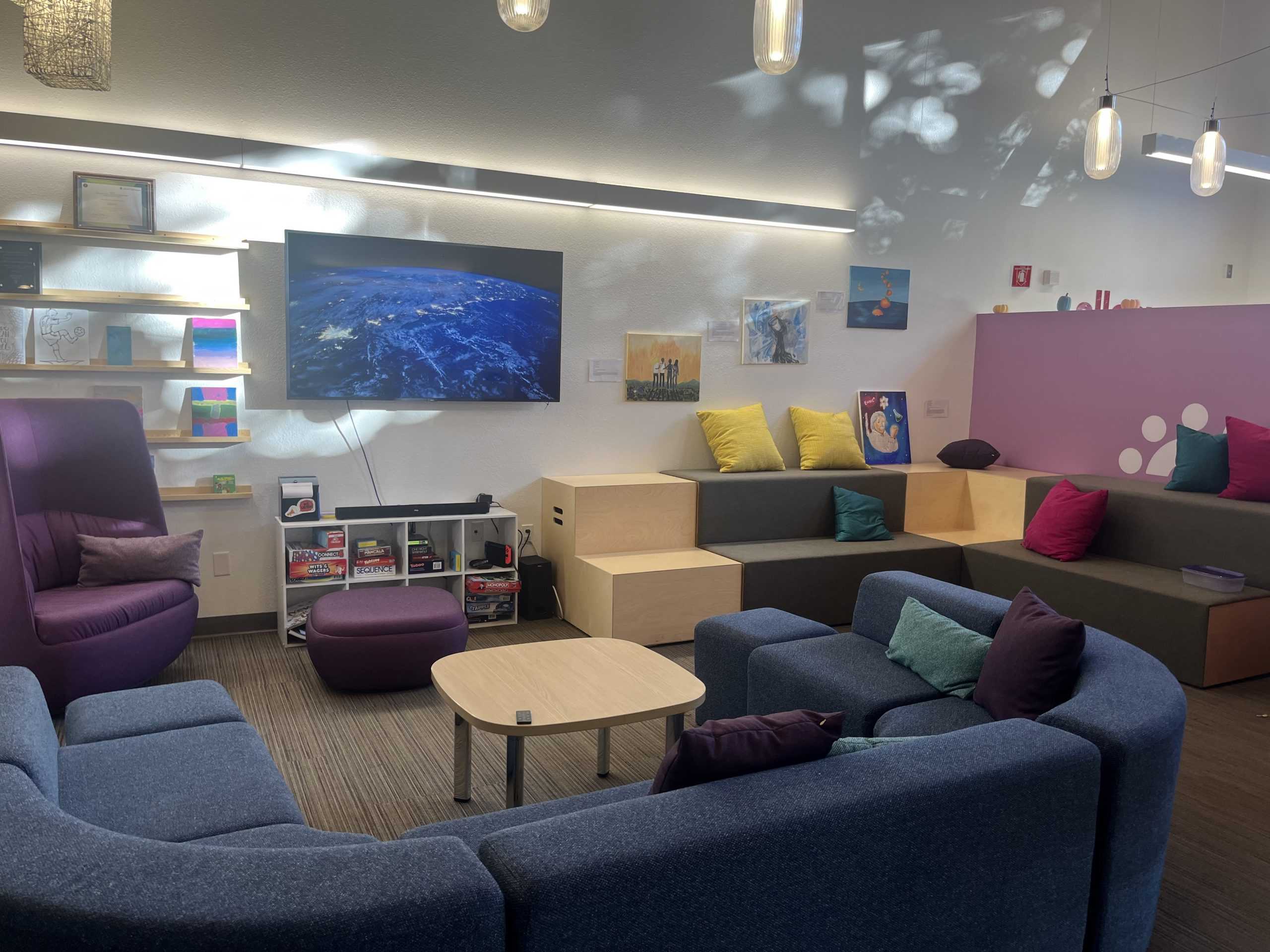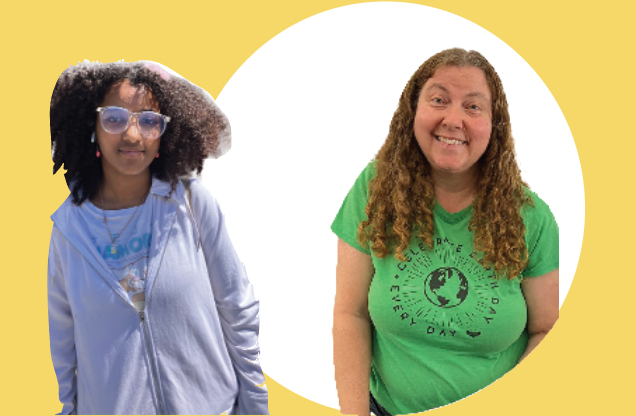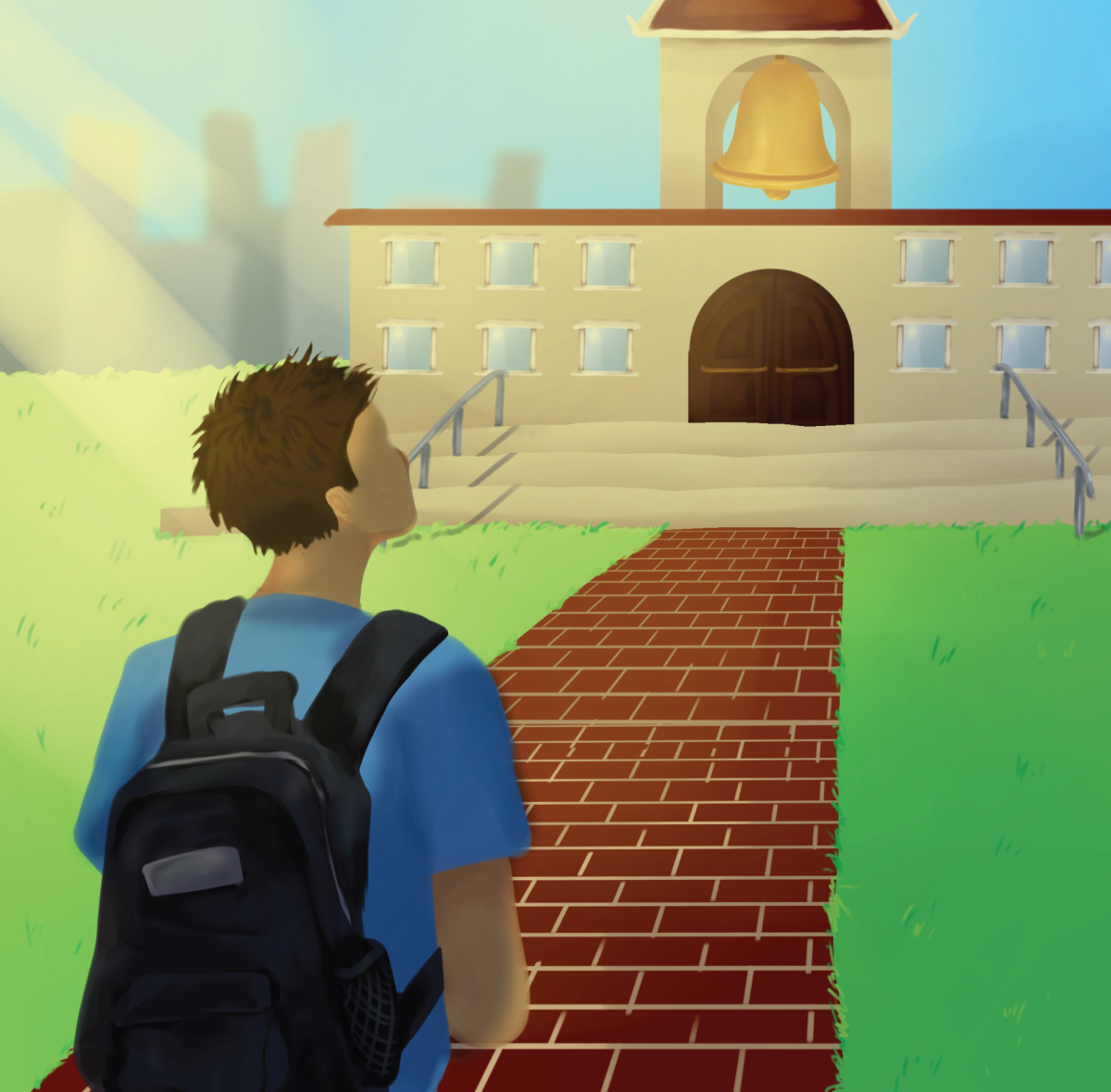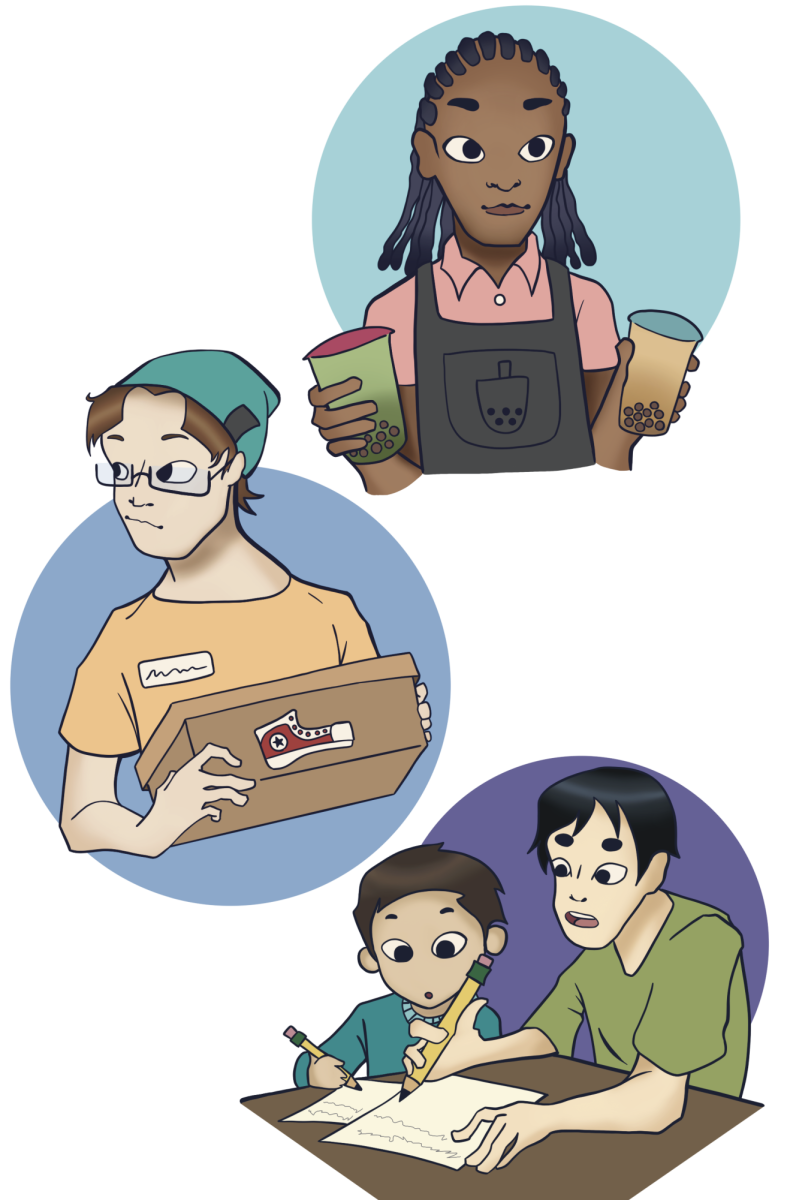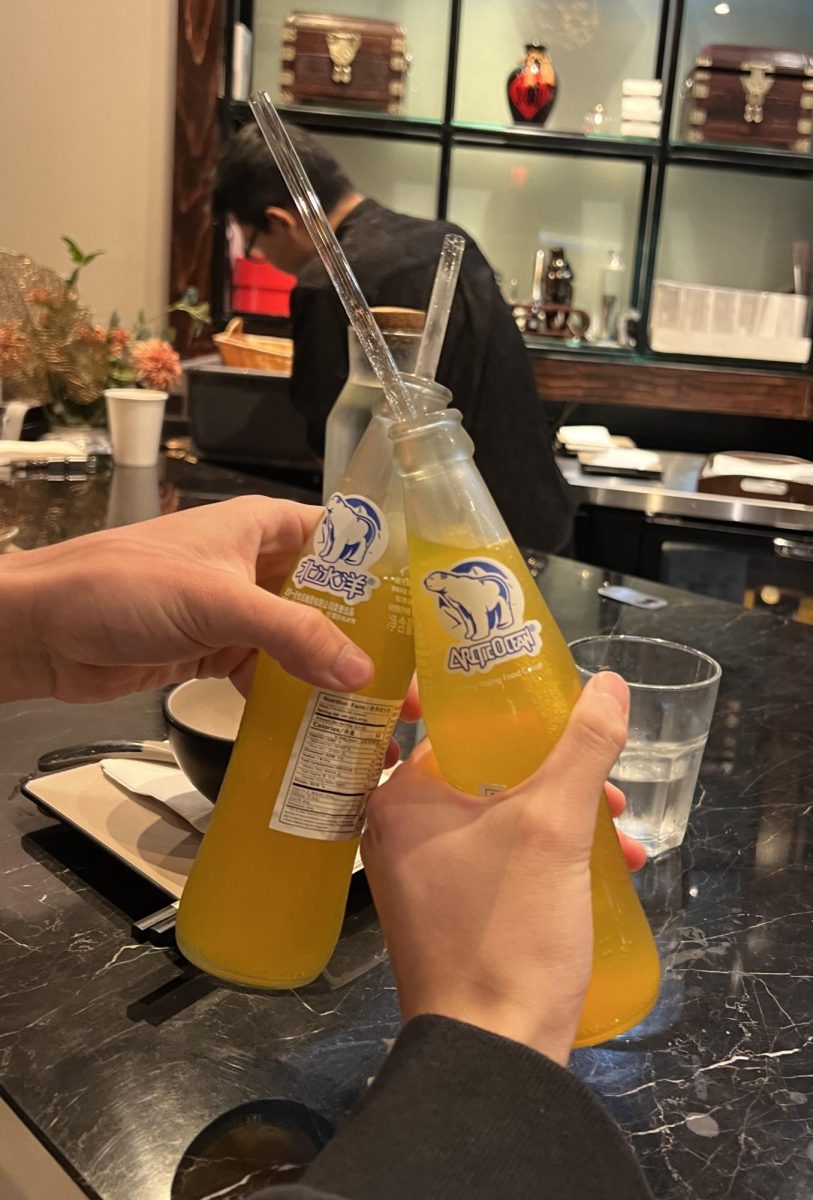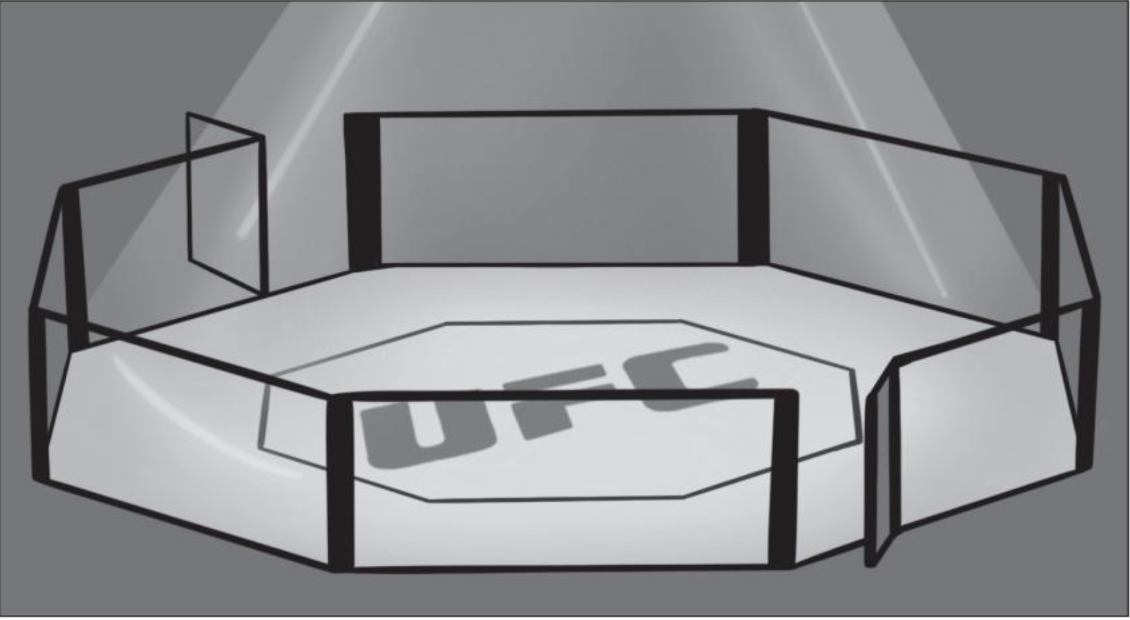Allcove, a drop-in integrated mental health clinic for youth located in Midtown, opened in the summer of 2021 as a partnership between Santa Clara County and Stanford University’s Center for Youth Mental Health and Wellbeing.
As a sleep-deprived junior whose favorite napping spot happens to be the single-sofa recliner at Paly’s Wellness Center, wellness resources hold a special place in my heart. I decided to pay a series of visits to Allcove over the course of two weeks to see how it measured up to the Wellness Center and if it was a suitable place for students to destress and seek mental health resources.
What I think fundamentally differentiates Allcove from the Wellness Center isn’t the space it provides, but the diverse range of services it offers. Allcove provides an impressive array of cost-free public services, including peer support, therapy, medical checkups and college and career counseling. To ensure accessibility, prior diagnoses and insurance are not required to make medical appointments.
When I walked into Allcove, I was greeted by staff at the front desk, where I checked myself in by filling out my name, pronouns and date of birth on a slip of paper. Beyond the lobby area, there’s a “flex space,” which is like a living room; the communal area contains colorful couches, a widescreen TV, board games, snacks and a computer.
Scattered throughout the flex space are Allcove’s Peer Support Specialists, young adults with lived experience in mental health who work full-time to support and talk to teens. They function similarly to Wellness Center workers, who are usually open to discussing challenges with students.
During my first visit, I talked to a few of these specialists. I found them easier to converse with than Wellness Center workers because of our smaller age gap, which mimicked the experience of talking to a friend rather than an adult. I also appreciated that the clinic hires peer support specialists of varying genders, sexual orientations and backgrounds — diversity and representation is integral to ensure all teens have someone they can relate and talk to.
My second time there, I decided to sit down and do some schoolwork at a coffee table in the flex space for a couple of hours, and the staff was accommodating to my needs during my stay. Whether I needed an extra pen or a cushion to prop my textbook up against, the staff had it.
The only downside is the flex space is relatively small, especially in comparison to the space at the Wellness Center. It’s more built for socializing and entertainment than for working or resting; if other people decide to use the flex space to watch TV or play a board game with friends, you’re better off finding one of Allcove’s private rooms or seeing if their study lounge is open. The staff at Allcove said visitors often use these rooms to sleep, work or simply wind down in a safe environment.
The staff at Allcove took me on a tour of their therapy and medical examination rooms. They have a triage and two medical examination rooms, which are staffed by nurses and doctors from Stanford two to three days out of the week.
According to the workers there, Allcove also places an emphasis on sexual health. The center provides free birth control, pregnancy tests, STD testing and family planning. There’s even a lactation room for new mothers.
Allcove stood out to me the most because of its goal to make therapy accessible. Therapy is incredibly hard to access for teens because it’s rarely covered under insurance, and insurance-paid therapy typically requires a mental health diagnosis. Mental health diagnoses, however, are a problematic prerequisite for therapy since psychological labels can often be stigmatizing and misdiagnoses happen relatively frequently.
Amid this myriad of logistical issues, teens may not even feel comfortable asking their parents to seek therapy in the first place. Allcove provides an impressive solution to these problems. Its therapy is free, confidential, does not require a diagnosis and lasts for a few months.
After filling out a form or scheduling an appointment online, clients can expect a call back within 72 hours to book their first appointment. Allcove will then schedule their client then talk with a licensed therapist in as little as one week and attend eight to 10 sessions as a part of a short-term treatment plan.
Though the Wellness Center also offers therapy check-ins with their team, I prefer Allcove’s because its sessions aren’t limited to school hours. For students who don’t have a prep period, squeezing in a session during lunch or PRIME can be overwhelming and take away from needed time to talk to a teacher.
In my four visits to Allcove, I can see why it’s been called groundbreaking – because it is. Not only does the clinic mark a significant increase in access to mental health resources in Santa Clara County, it also pilots a never-seen-before integrated healthcare model that simultaneously targets physical, mental, and sexual health.
For those who enjoy the resources the Wellness Center provides, but may feel limited by its hours, I would highly recommend Allcove.


